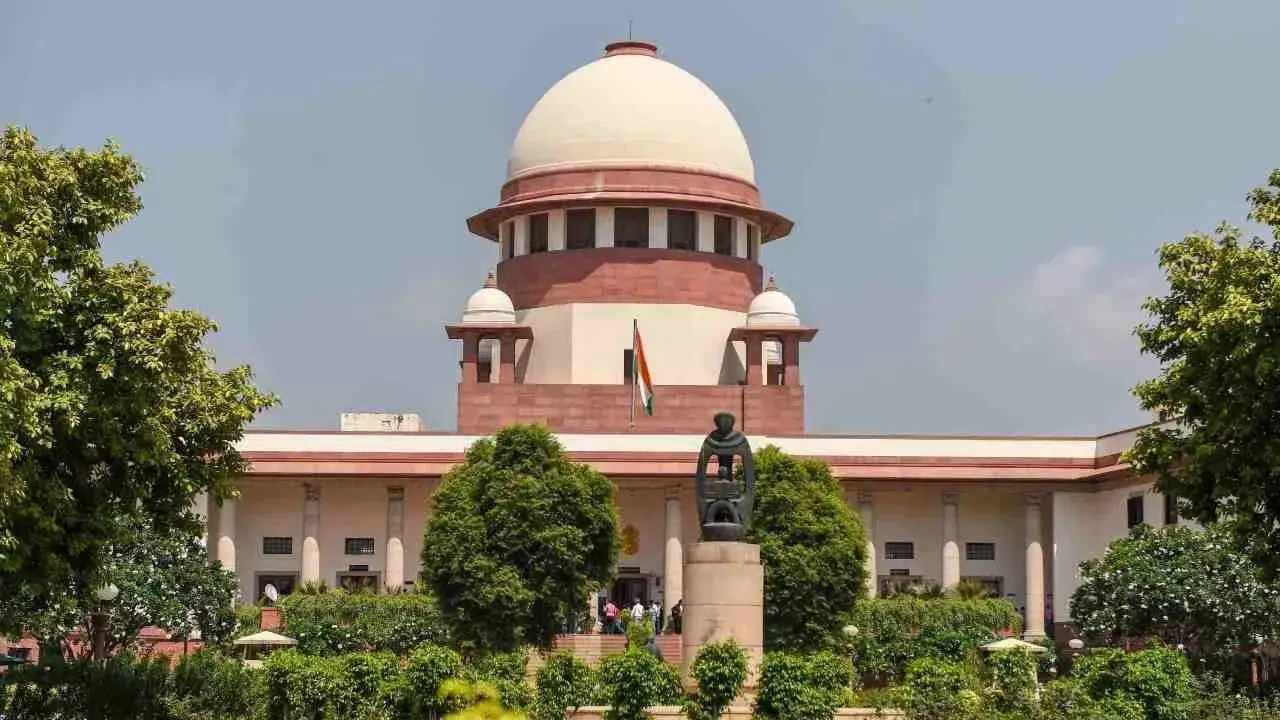
Supreme Court
A Call for Judicial Accountability
The Supreme Court of India, led by Justices Surya Kant and NK Singh, directed all High Courts to submit detailed reports within four weeks on cases where judgments remain unpronounced for over three months, specifically those reserved on or before January 31, 2025. This order, issued during a hearing of a writ petition by four convicts in Jharkhand, addresses delays that undermine the right to speedy justice under Article 21. The Court aims to establish mandatory guidelines to ensure timely verdicts, signaling a push to tackle systemic judicial inefficiencies.
Trigger from Jharkhand’s Delays
Implications for Justice Delivery
Delays in pronouncing reserved judgments, some exceeding three years, violate fundamental rights and erode public trust in the judiciary. The Supreme Court cited its 2001 Anil Rai v. State of Bihar ruling, which recommends delivering verdicts within three months, or six at most, to avoid litigants’ distress and judicial lapses in recalling case details. The reports must distinguish between civil and criminal cases and specify single or division bench matters, reflecting a comprehensive review to curb such delays.
Paving the Way for Reform
The Supreme Court’s intervention highlights a broader issue, with historical precedents like the 2001 guidelines often ignored by constitutional courts. By mandating High Courts to report and potentially setting binding timelines, the Court seeks to streamline justice delivery. As the four-week deadline approaches, the judiciary faces pressure to align with Article 21’s promise of timely justice, ensuring litigants, especially vulnerable convicts, are not left in limbo. The outcome could reshape judicial practices nationwide.





Copyright © 2026 Top Indian News
